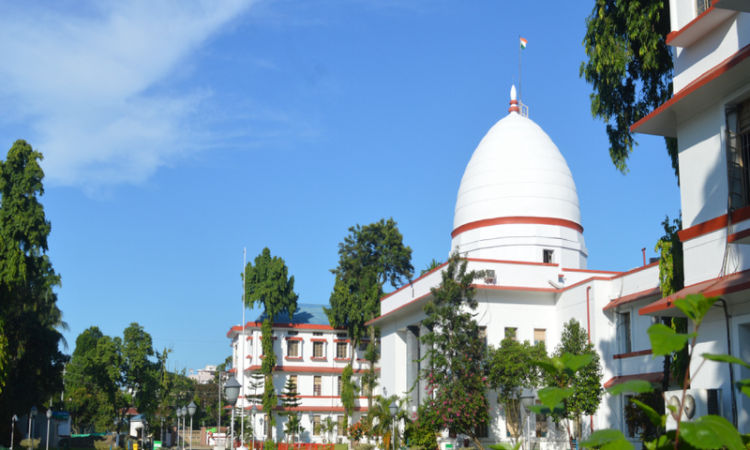The Gauhati High Court has held that the State GST Authorities cannot take the benefit of Notification No. 56/2023-CE, which is also otherwise ultra vires the CGST Act, 2017.The bench of Justice Devashis Baruah has noted that the GST Council has not made any recommendation till date, and in spite of that, the Central Board of Indirect Taxes and Customs issued a Notification bearing No....

